Amazing how fast a dream can turn into a nightmare…
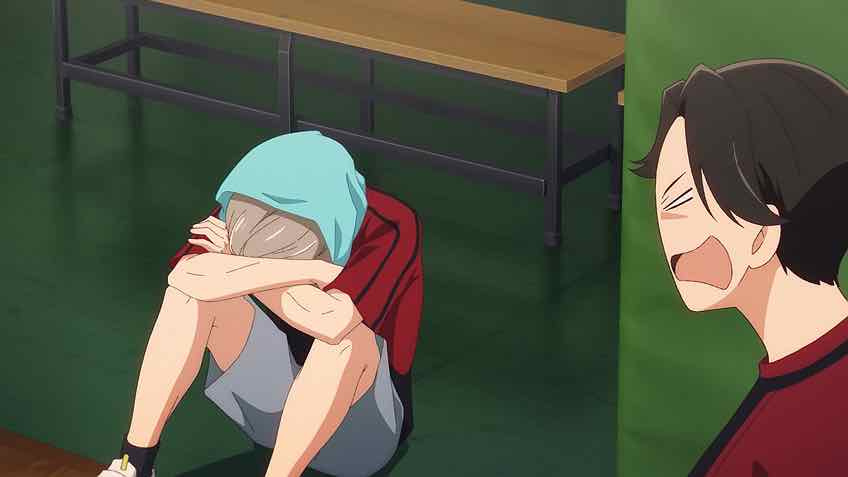 As I’ve noted before, one of the things I like about Ao no Hako is the way it balances the sports and romance sides of its story. It doesn’t do so in the same way that Adachi does, but there are broad similarities in the overall mix (no pun intended). It’s not as though those two elements are always – or could ever be – in an even split of the narrative. But that narrative flows like a meandering river. One aspect will be in ascendance for a while, then the other. In the end the overall balance does indeed come pretty close to a 50-50 split, which I think is one reason why the manga is as popular as it is.
As I’ve noted before, one of the things I like about Ao no Hako is the way it balances the sports and romance sides of its story. It doesn’t do so in the same way that Adachi does, but there are broad similarities in the overall mix (no pun intended). It’s not as though those two elements are always – or could ever be – in an even split of the narrative. But that narrative flows like a meandering river. One aspect will be in ascendance for a while, then the other. In the end the overall balance does indeed come pretty close to a 50-50 split, which I think is one reason why the manga is as popular as it is.
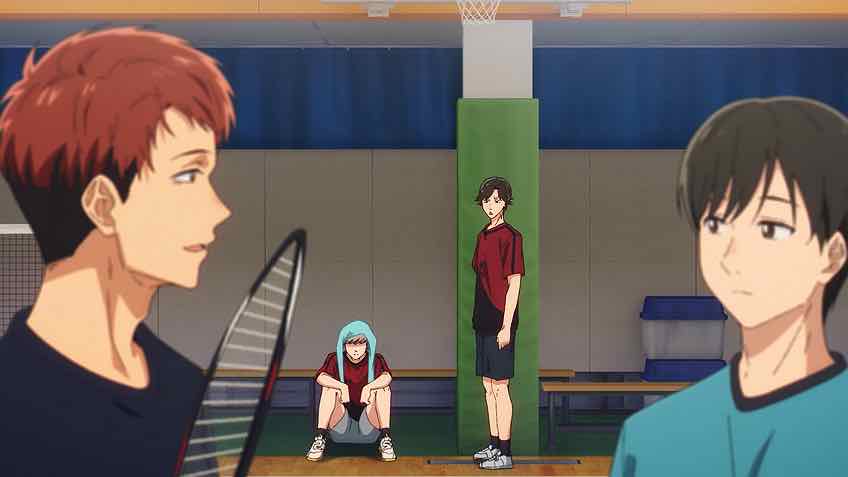 It’s probably fair to say that so far in the anime, the personal side has been slightly more prominent. But this was a very sports-driven episode (though there was certainly balance here too). It wasn’t even an official match, but as practice sessions go they don’t get much more important than Taiki vs. Yusa-kun II. We’ve seen Taiki seemingly stagnate in his mental approach to badminton. The last memory of competition he carries with him is getting tonked by Yusa at the prefectural qualifier. He might be getting better. His teammates tell him he’s getting better. But he has to take that on faith – he has no firm evidence to back it up.
It’s probably fair to say that so far in the anime, the personal side has been slightly more prominent. But this was a very sports-driven episode (though there was certainly balance here too). It wasn’t even an official match, but as practice sessions go they don’t get much more important than Taiki vs. Yusa-kun II. We’ve seen Taiki seemingly stagnate in his mental approach to badminton. The last memory of competition he carries with him is getting tonked by Yusa at the prefectural qualifier. He might be getting better. His teammates tell him he’s getting better. But he has to take that on faith – he has no firm evidence to back it up.
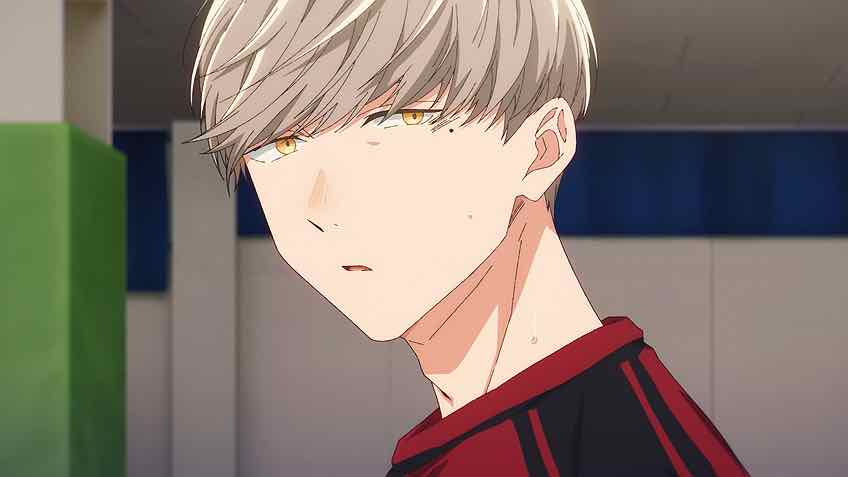 Yusa, obviously, is the best measuring stick Taiki could hope for. So Sajikawa coming for a practice match has outsized importance in his mind. And those close to him know it. Chinatsu and Hina are both watching, though Hina is reluctant to show her face – clearly expecting Taiki to lose again and disliking that view of him. Chinatsu is hanging with Nagisa, who flat-out asks her if that voice she heard on the phone from the inn (she doesn’t know that of course) was Taiki’s. Chinatsu gives an explanation and a sort of non-denial denial, but it’s clear Nagisa senses there’s something happening here.
Yusa, obviously, is the best measuring stick Taiki could hope for. So Sajikawa coming for a practice match has outsized importance in his mind. And those close to him know it. Chinatsu and Hina are both watching, though Hina is reluctant to show her face – clearly expecting Taiki to lose again and disliking that view of him. Chinatsu is hanging with Nagisa, who flat-out asks her if that voice she heard on the phone from the inn (she doesn’t know that of course) was Taiki’s. Chinatsu gives an explanation and a sort of non-denial denial, but it’s clear Nagisa senses there’s something happening here.
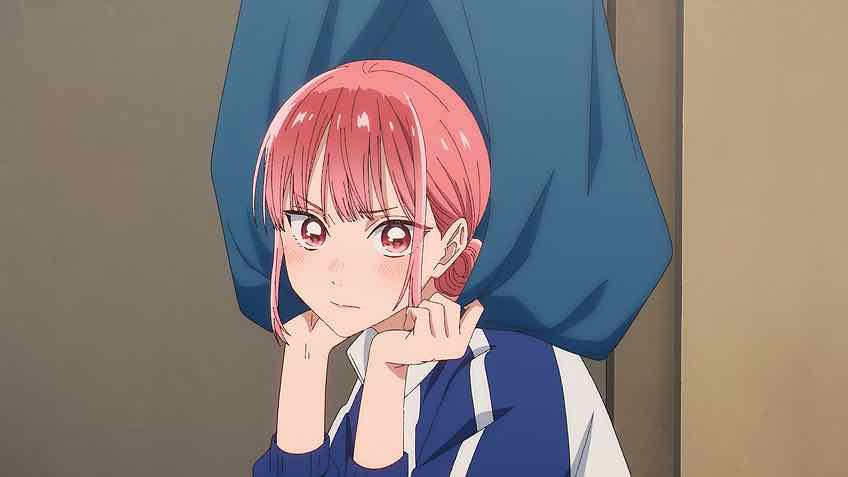 At first, Yusa vs. Taiki seems a rerun as much as a rematch. Yusa has Taiki “dancing”, as Haryuu calls it – dictating the play and running his opponent ragged. But Taiki is a tough stone to grind down. Again not the first time I’ve said it, it’s Taiki who in sports terminology is a grinder. He just keeps coming – Yusa notes that he seems to be getting faster the more tired he looks. These boys are 15, an age where development in sports (and life) can happen with whiplash-inducing speed. Competing against second and third-years it can be very much a boys against men scenario (that gap is less formidable for girls this age). But what Taiki brings to badminton are qualities independent from his chronological age.
At first, Yusa vs. Taiki seems a rerun as much as a rematch. Yusa has Taiki “dancing”, as Haryuu calls it – dictating the play and running his opponent ragged. But Taiki is a tough stone to grind down. Again not the first time I’ve said it, it’s Taiki who in sports terminology is a grinder. He just keeps coming – Yusa notes that he seems to be getting faster the more tired he looks. These boys are 15, an age where development in sports (and life) can happen with whiplash-inducing speed. Competing against second and third-years it can be very much a boys against men scenario (that gap is less formidable for girls this age). But what Taiki brings to badminton are qualities independent from his chronological age.
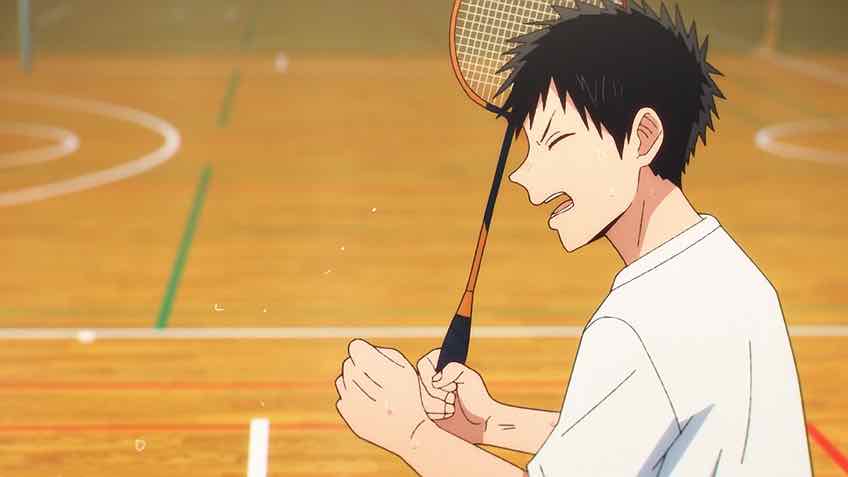 No question for me, this 3-set marathon is the best competition sequence of the anime thus far. Badminton is not a sport I pay much attention to in real life but one does get a sense for the fierceness of the mano a mano battle it offers. Taiki is, in a word, relentless. To use another sports cliche he grows into the match, incrementally turning the momentum in his favor and dictating the flow of play. He finally does prevail, by the skin of his teeth. And while it counts for nothing officially, it means everything for his confidence. He finally has the “reward” that Harada-sensei mused about with Taichi in Chihayafuru.
No question for me, this 3-set marathon is the best competition sequence of the anime thus far. Badminton is not a sport I pay much attention to in real life but one does get a sense for the fierceness of the mano a mano battle it offers. Taiki is, in a word, relentless. To use another sports cliche he grows into the match, incrementally turning the momentum in his favor and dictating the flow of play. He finally does prevail, by the skin of his teeth. And while it counts for nothing officially, it means everything for his confidence. He finally has the “reward” that Harada-sensei mused about with Taichi in Chihayafuru.
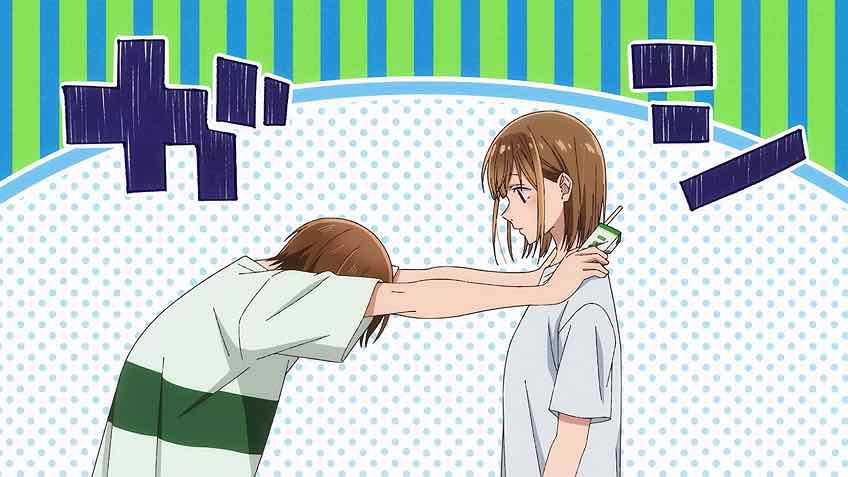 As for Yusa, he’s hardly rattled by the loss. Surprised, yes, but seemingly almost pleasantly. And he then turns around and beats Haryuu, which in its way casts Taiki’s win in an even more impressive light (and suggests some potential tension within the Eimei group). Taiki heads off by himself to bask in the moment – which he’s undeniably earned – physically spent but emotionally buoyant. It’s Chinatsu who comes to him, bearing gifts (it’s clear Pocari Sweat is a paid sponsor). They have what I would describe as a quite emotionally intimate conversation, where Taiki makes it very clear that Chinatsu was his inspiration (and indeed his muse) before she innocently brings up the class play and things are left in a somewhat unsettled state.
As for Yusa, he’s hardly rattled by the loss. Surprised, yes, but seemingly almost pleasantly. And he then turns around and beats Haryuu, which in its way casts Taiki’s win in an even more impressive light (and suggests some potential tension within the Eimei group). Taiki heads off by himself to bask in the moment – which he’s undeniably earned – physically spent but emotionally buoyant. It’s Chinatsu who comes to him, bearing gifts (it’s clear Pocari Sweat is a paid sponsor). They have what I would describe as a quite emotionally intimate conversation, where Taiki makes it very clear that Chinatsu was his inspiration (and indeed his muse) before she innocently brings up the class play and things are left in a somewhat unsettled state.
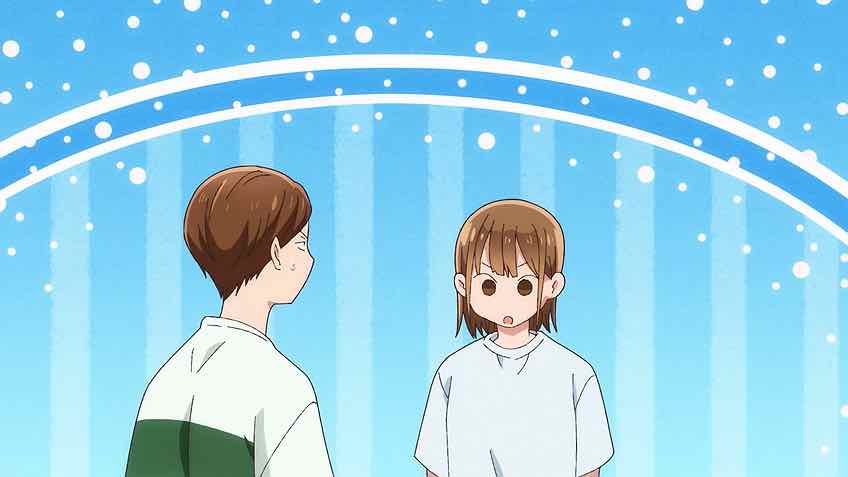 Finally, we have the dream – the venue where sports and love finally do come together for Ao no Hako. Coming off that high it’s not surprising that a lad would dream of inter-high glory. And of its reward (no, not the 2-liter Pocari). Things are going so swimmingly, until Hina intervenes and interjects herself in the most direct of ways (dreams imitating reality to be sure), If there’s any message to be taken from this, it’s that the center cannot hold in the relationship department of his life – the status quo is definitely not sustainable.
Finally, we have the dream – the venue where sports and love finally do come together for Ao no Hako. Coming off that high it’s not surprising that a lad would dream of inter-high glory. And of its reward (no, not the 2-liter Pocari). Things are going so swimmingly, until Hina intervenes and interjects herself in the most direct of ways (dreams imitating reality to be sure), If there’s any message to be taken from this, it’s that the center cannot hold in the relationship department of his life – the status quo is definitely not sustainable.


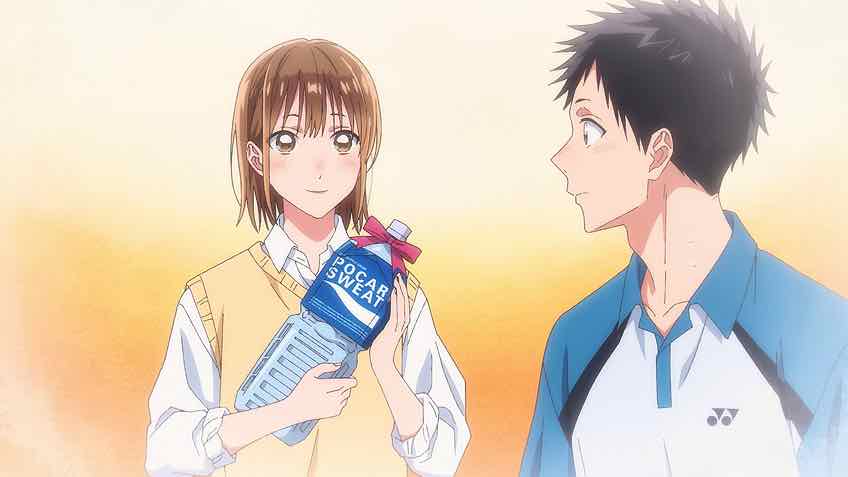
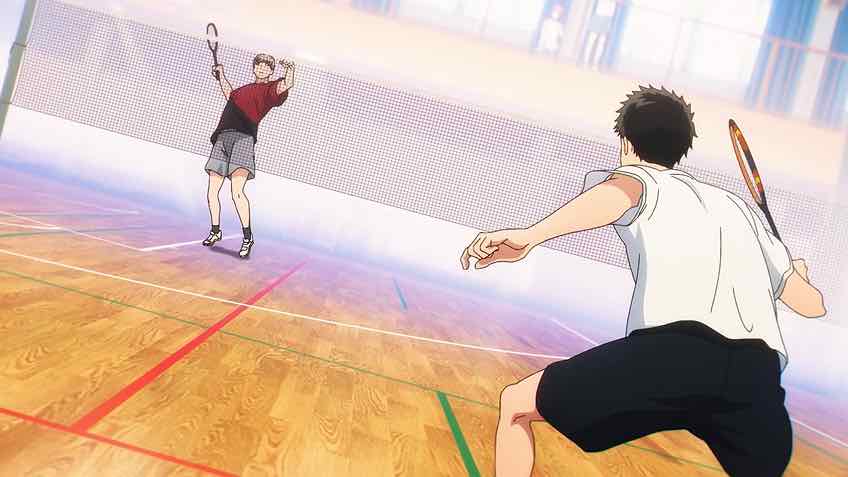
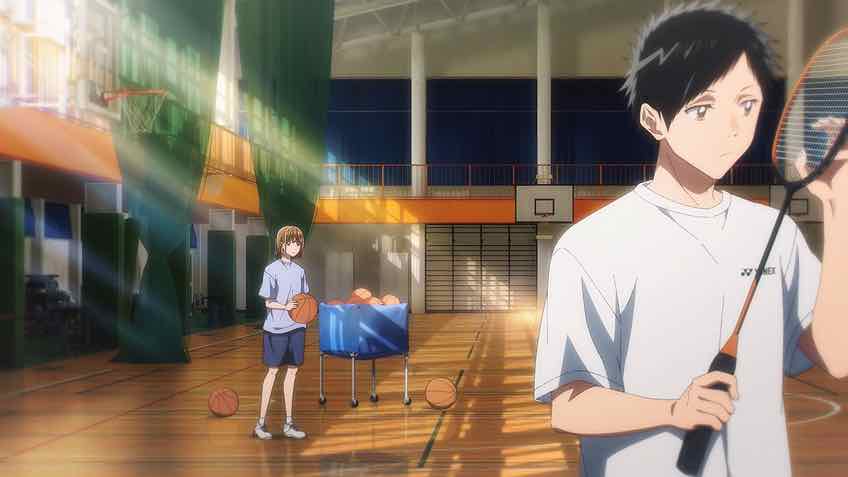
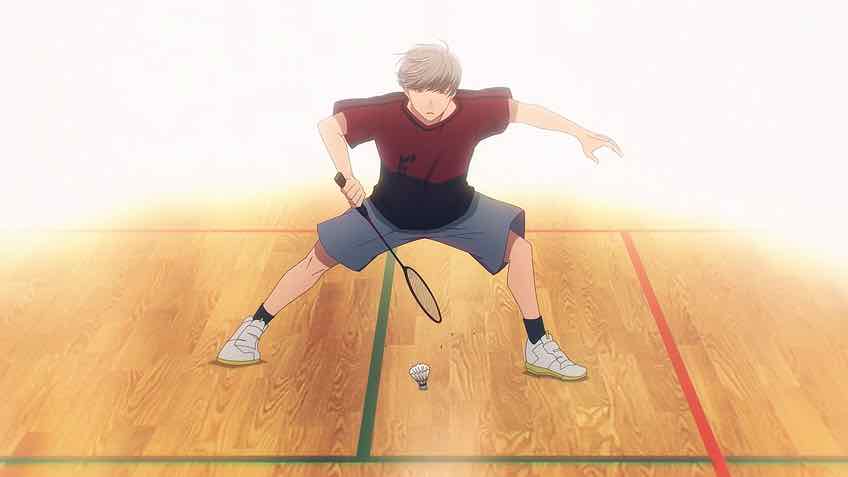
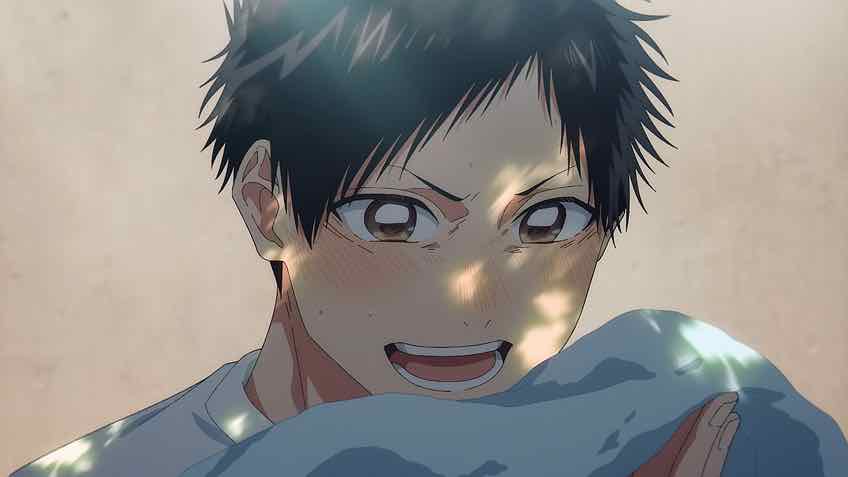
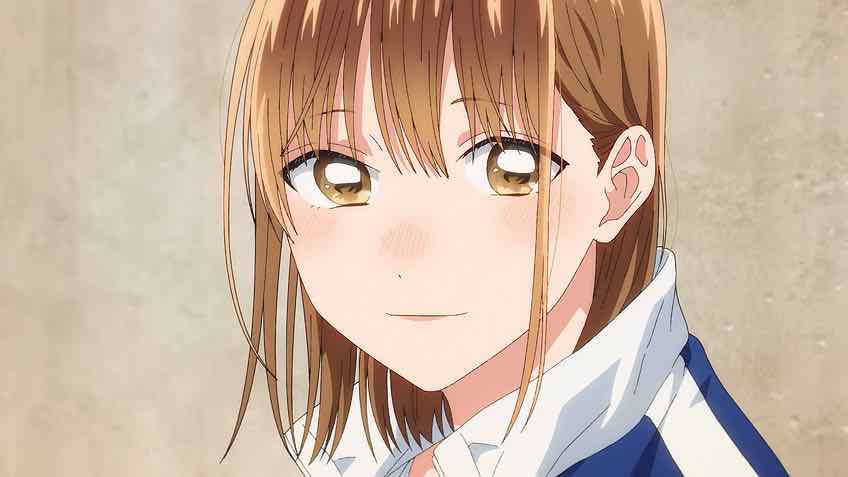
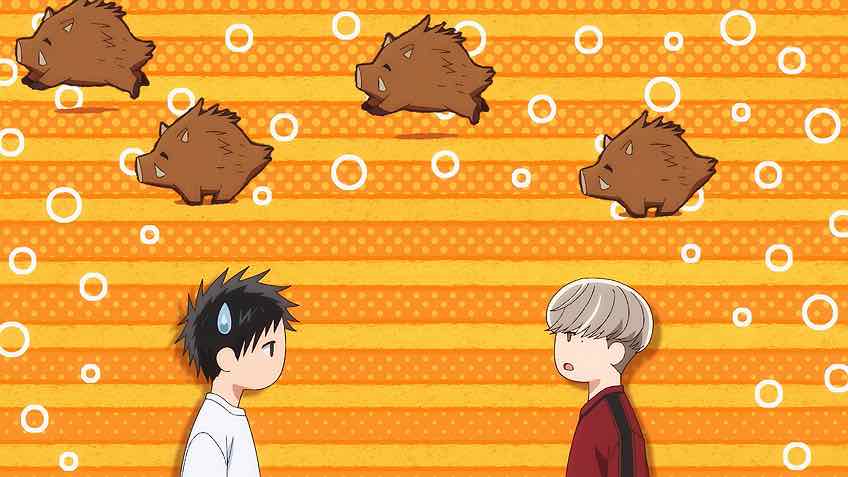
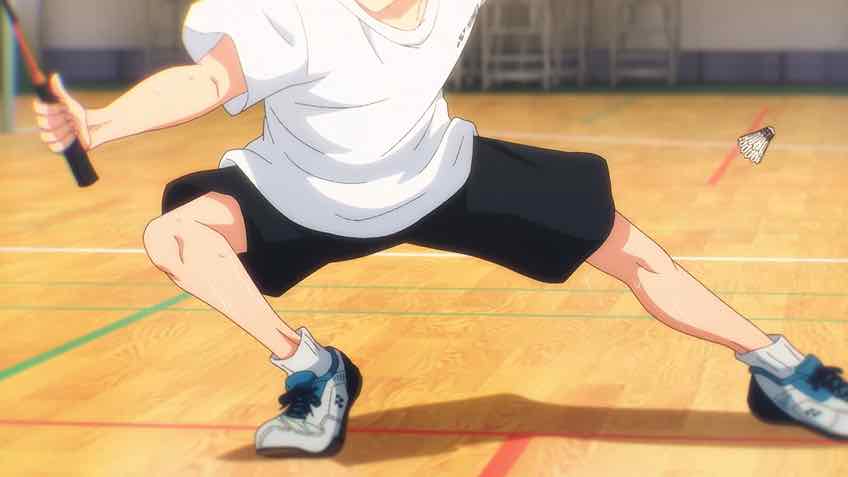
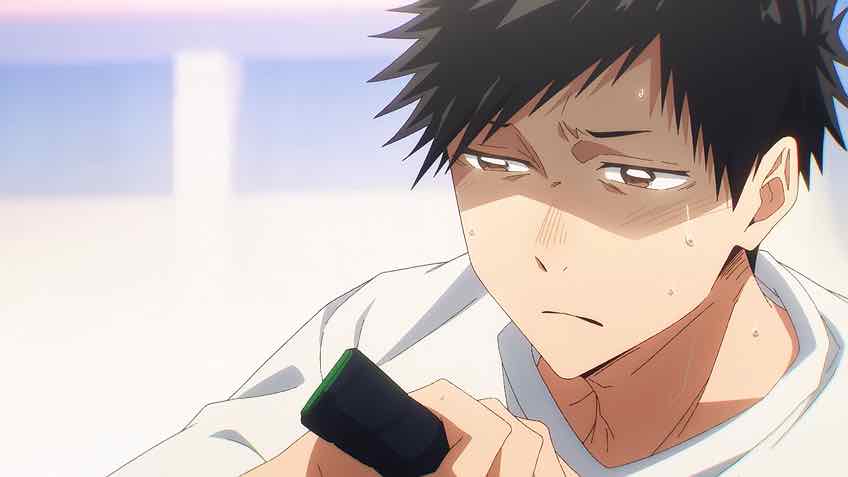
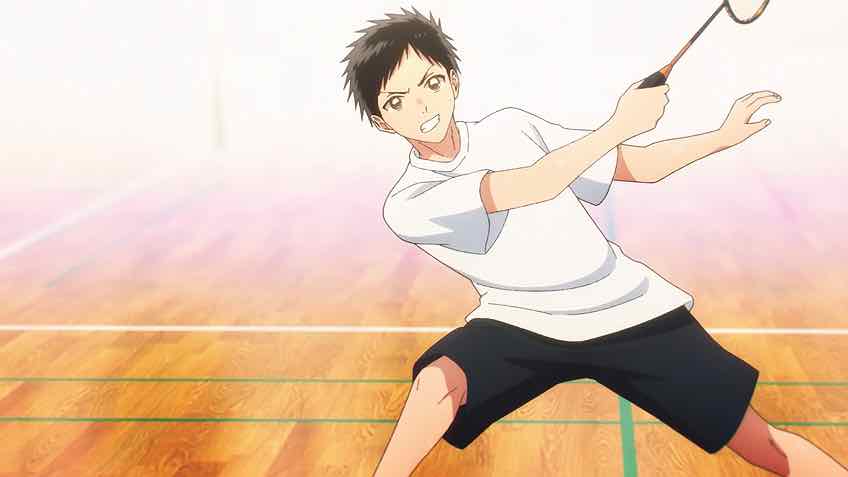
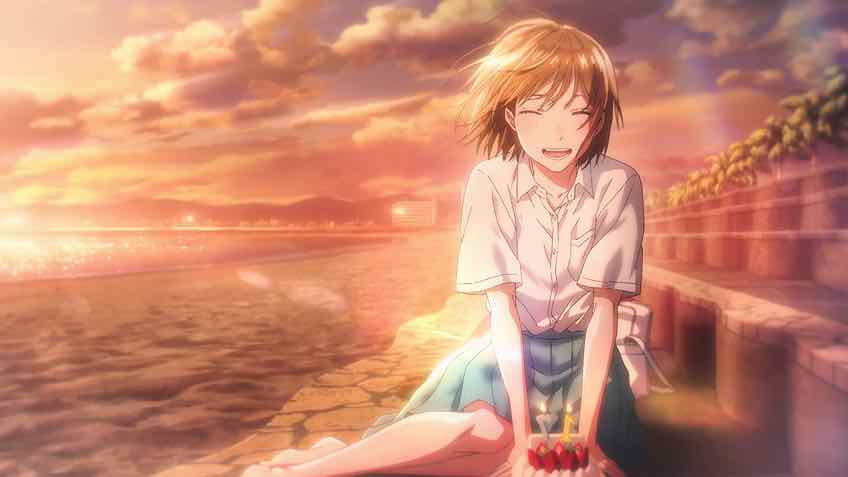
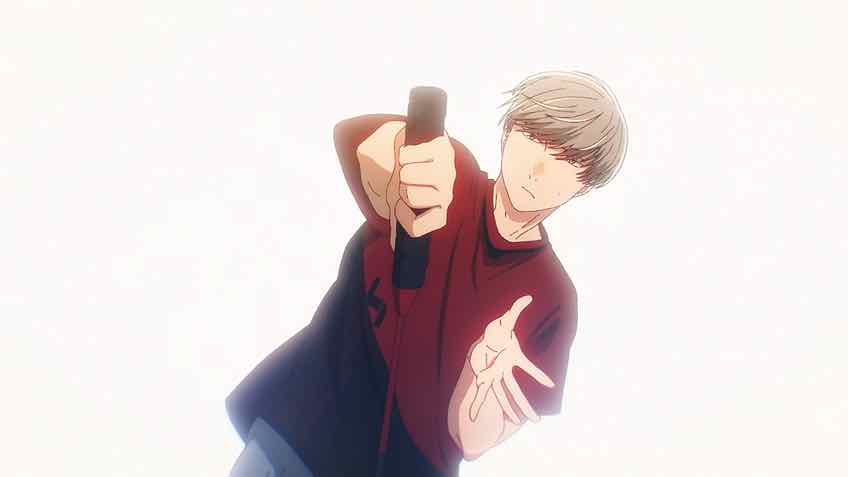
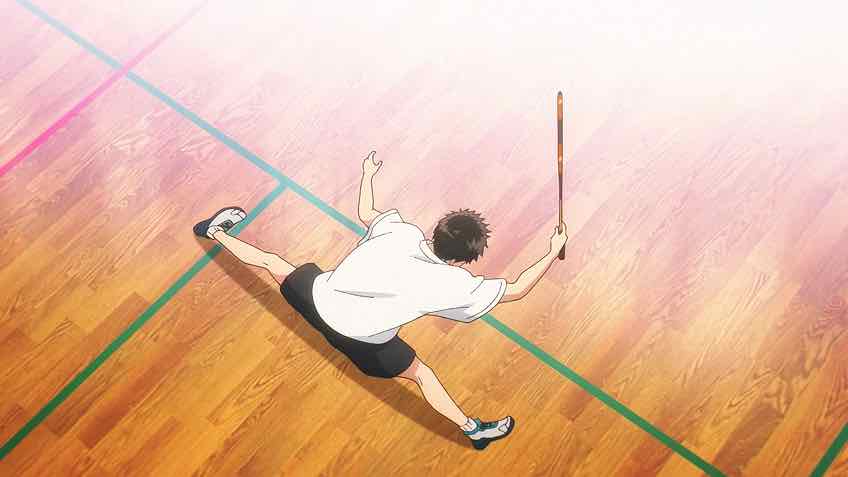
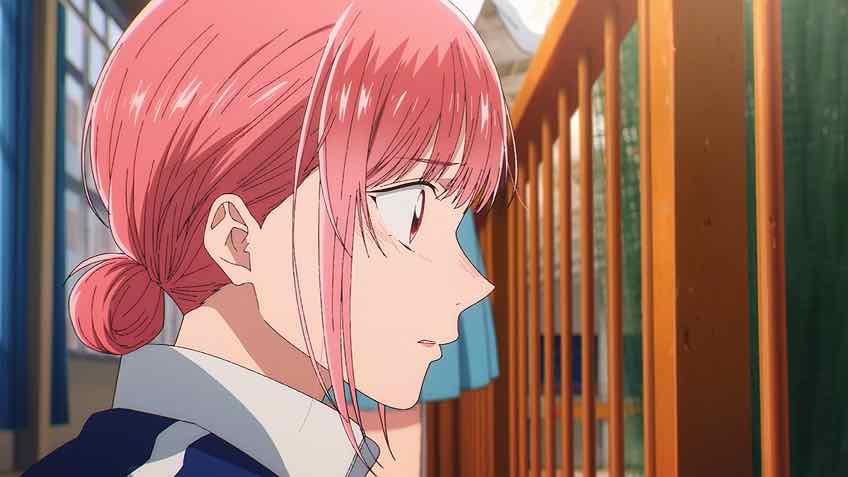
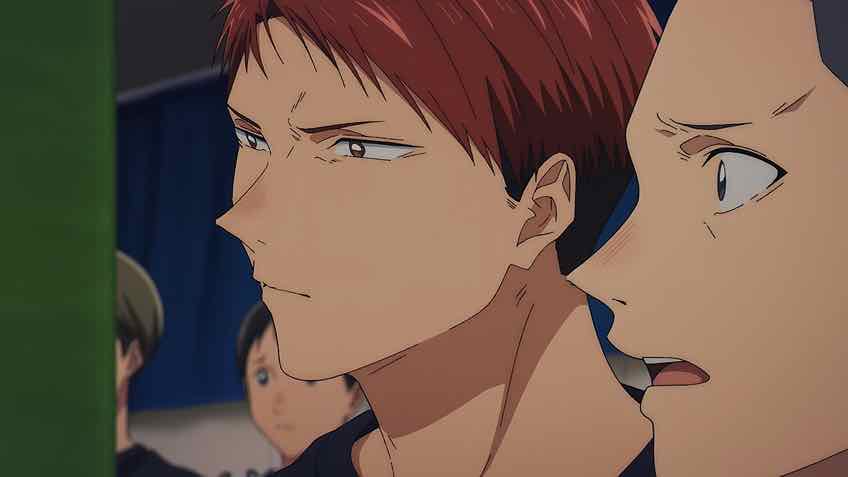
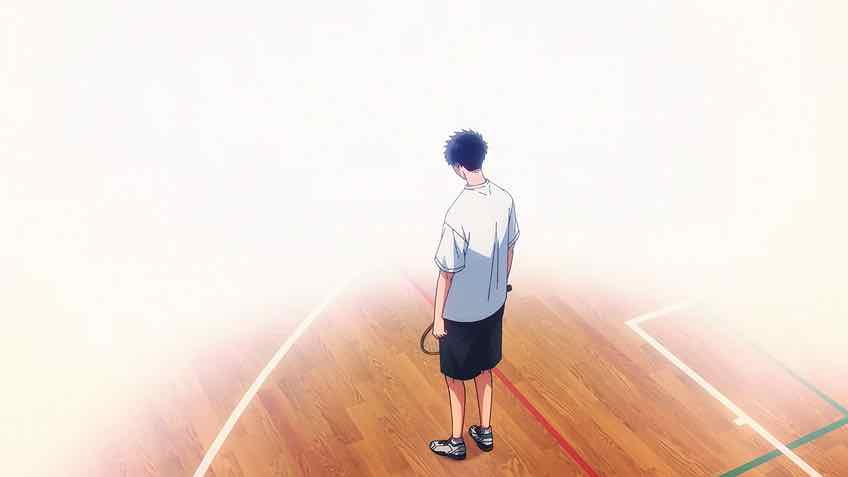
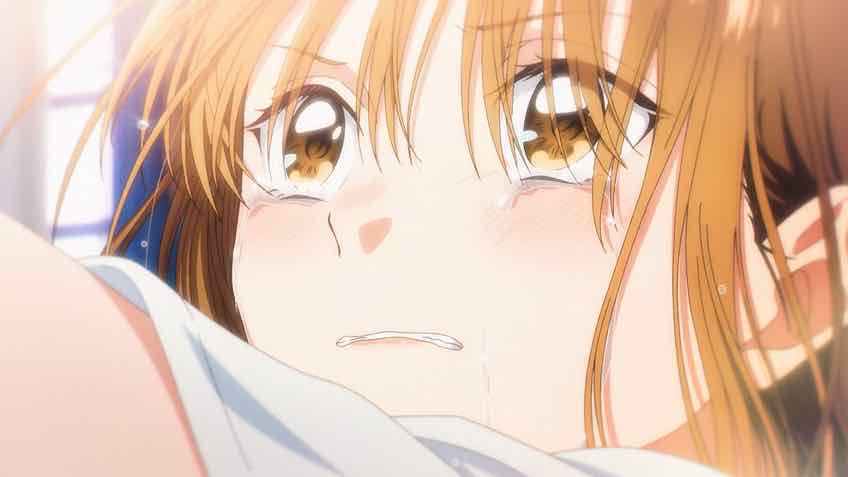
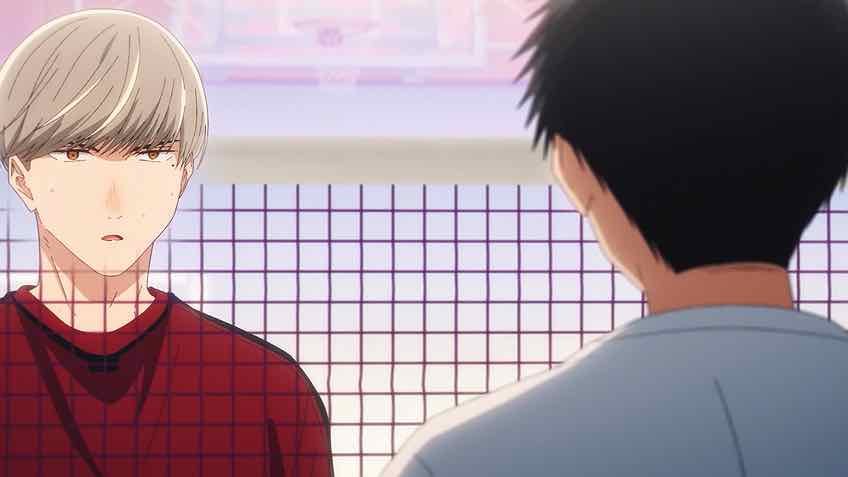
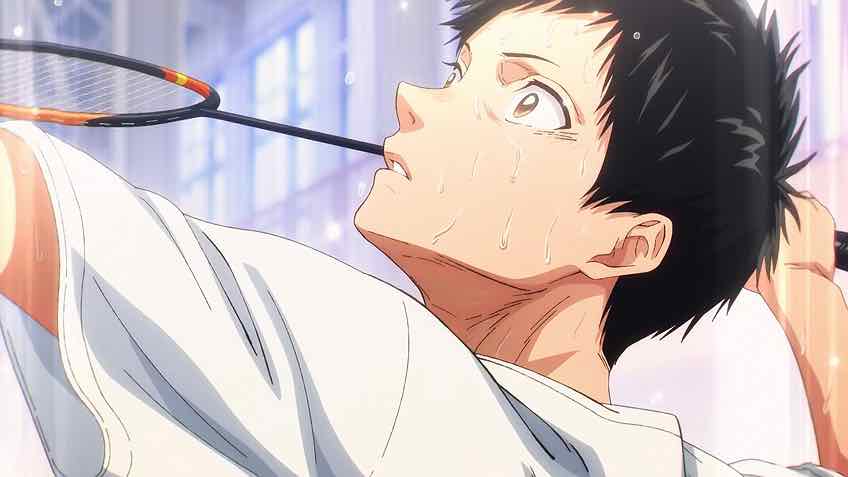
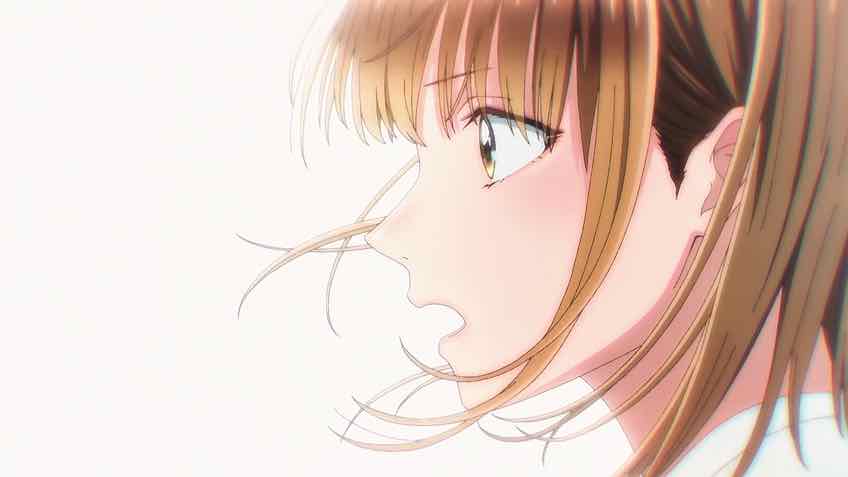
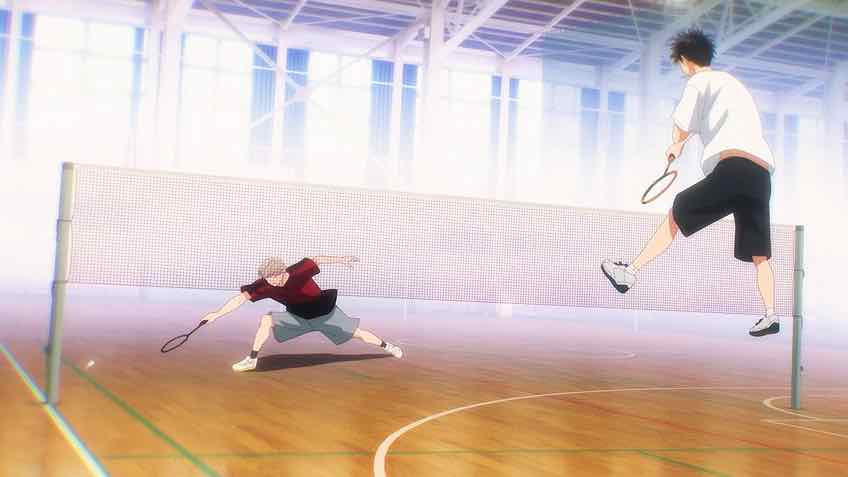
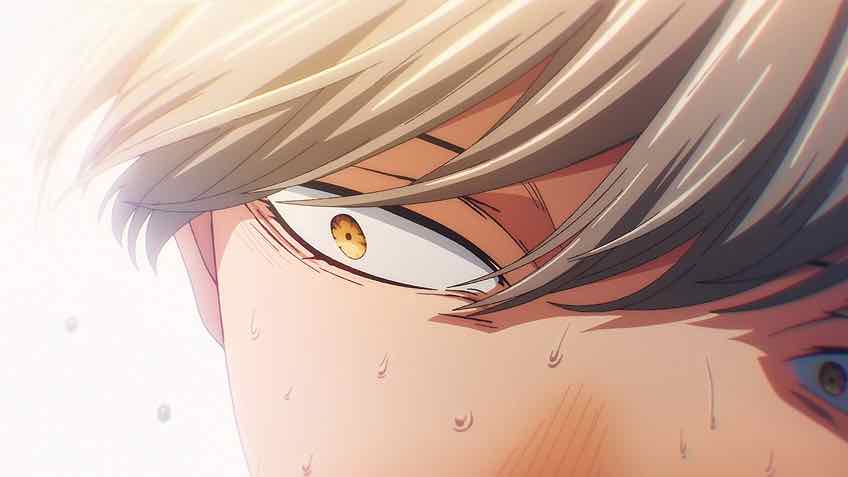
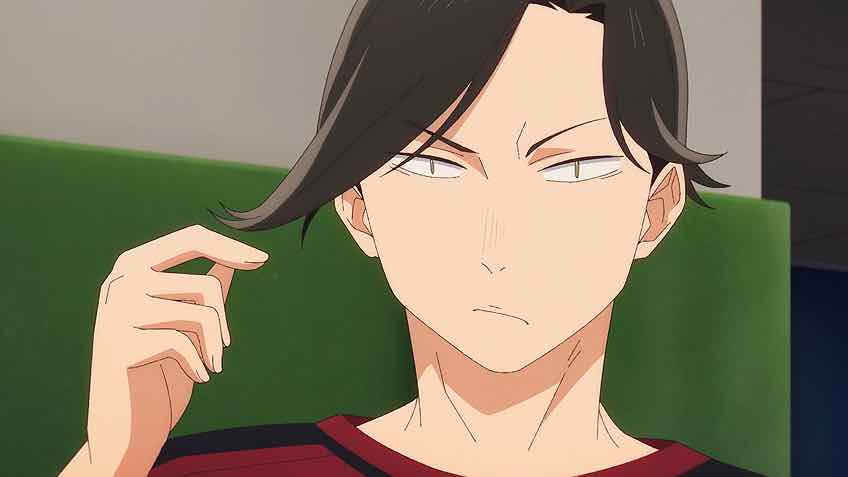
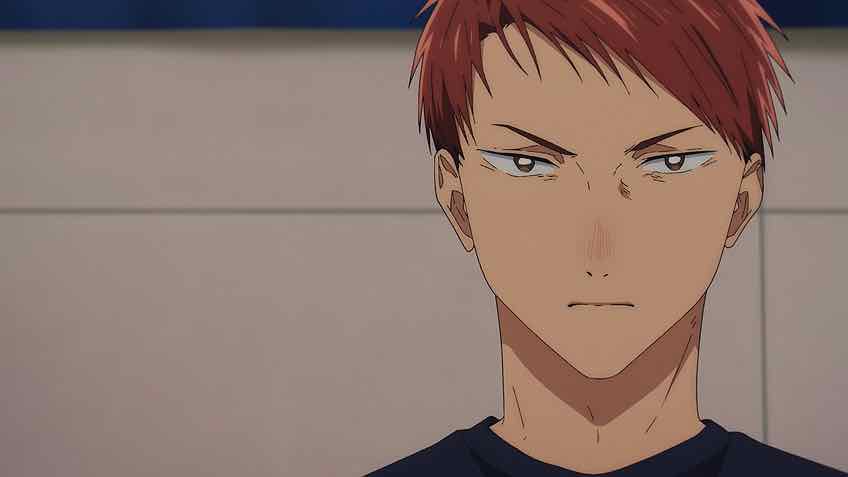
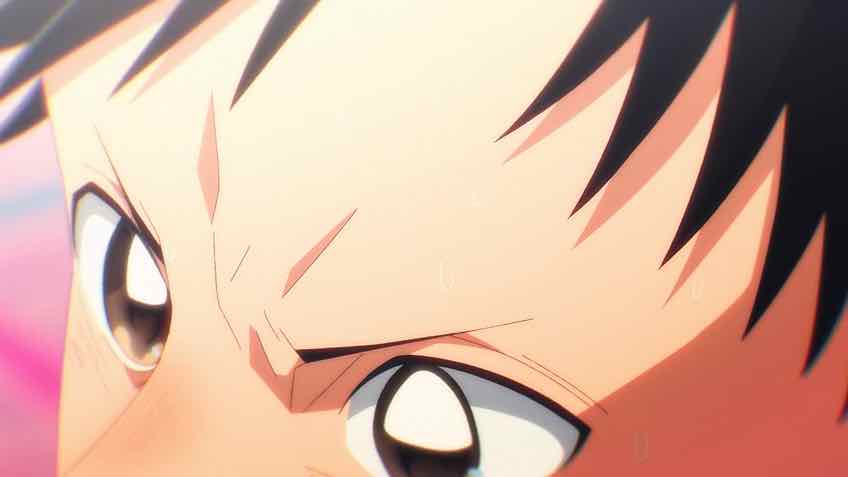
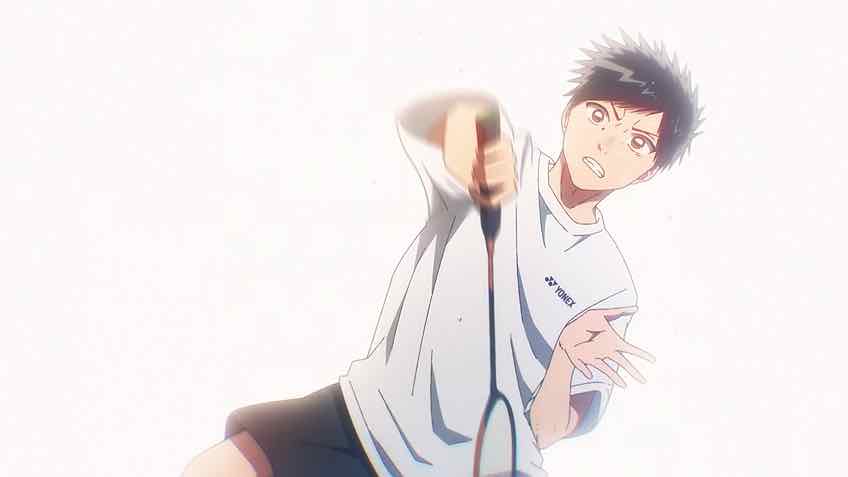
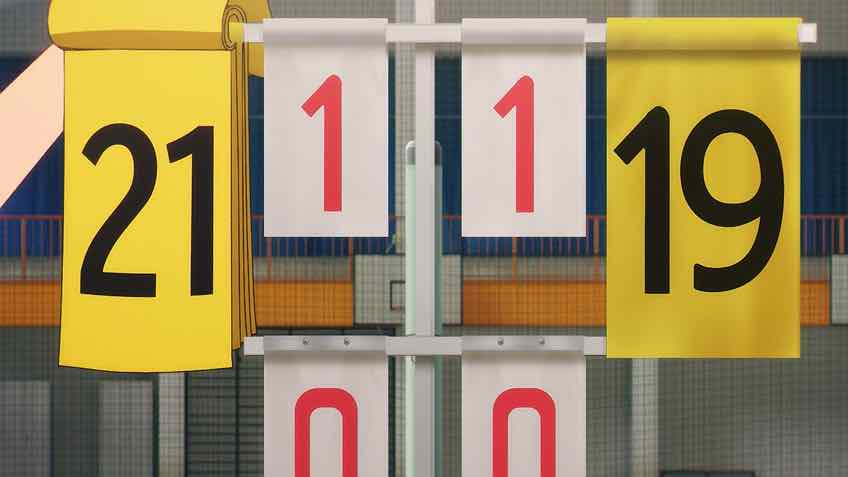
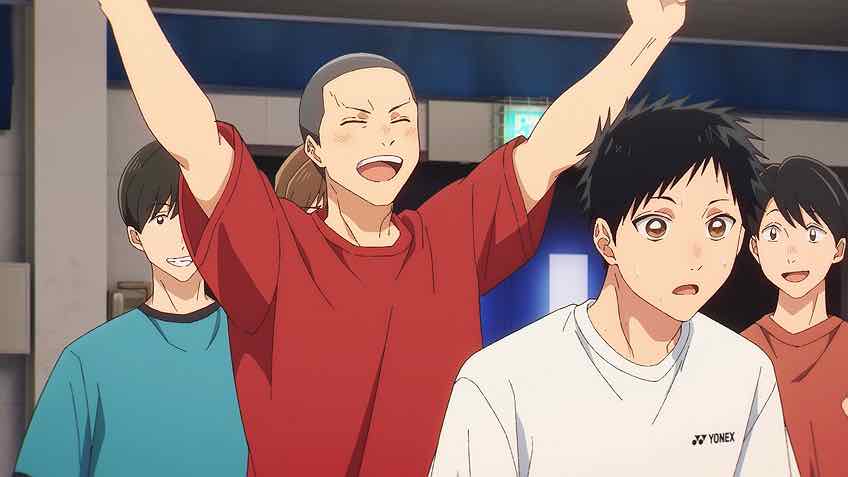
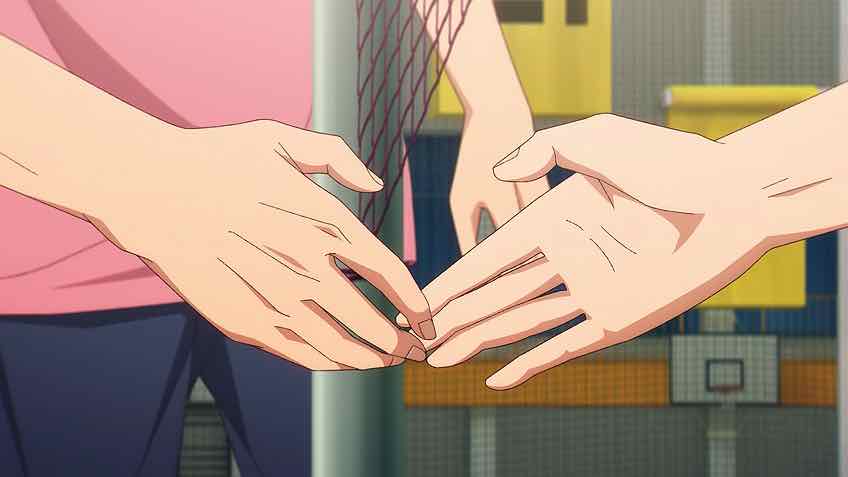
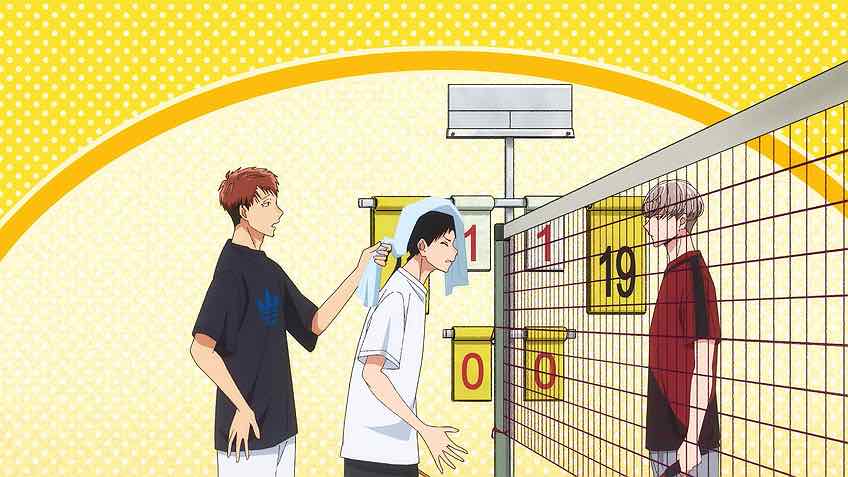
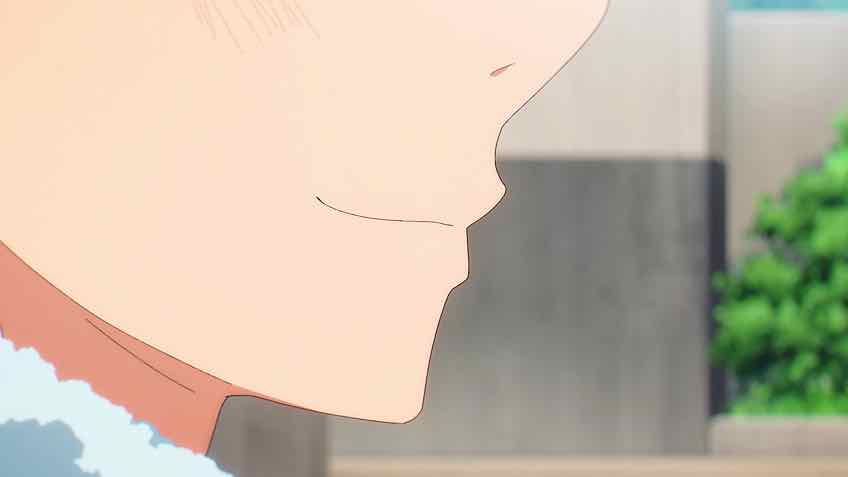
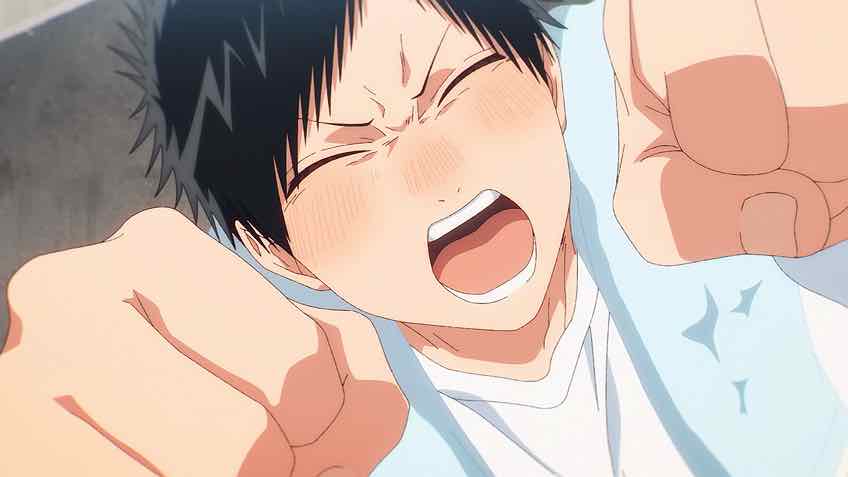
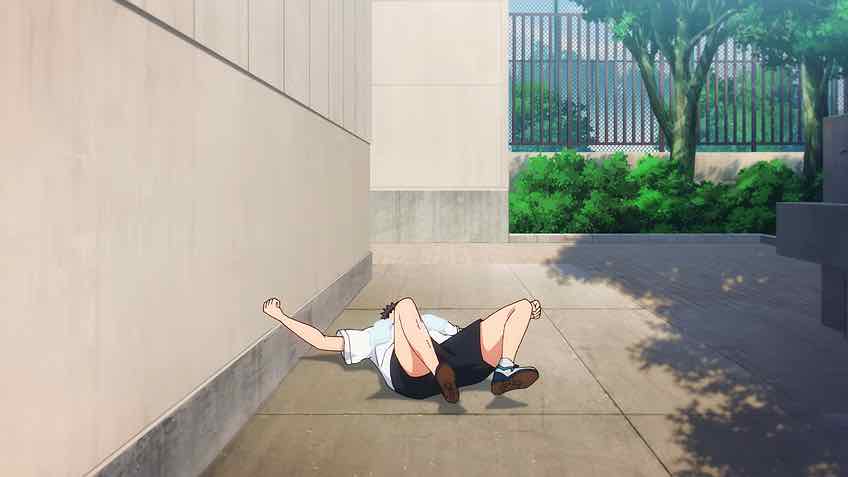
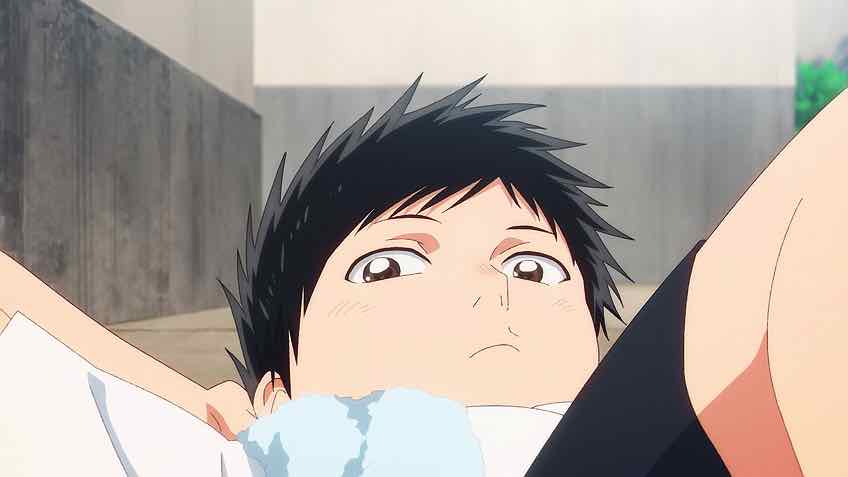
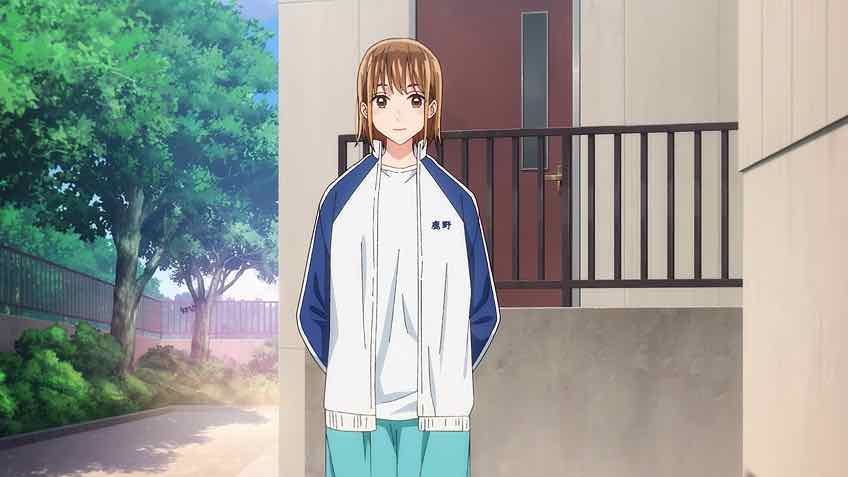
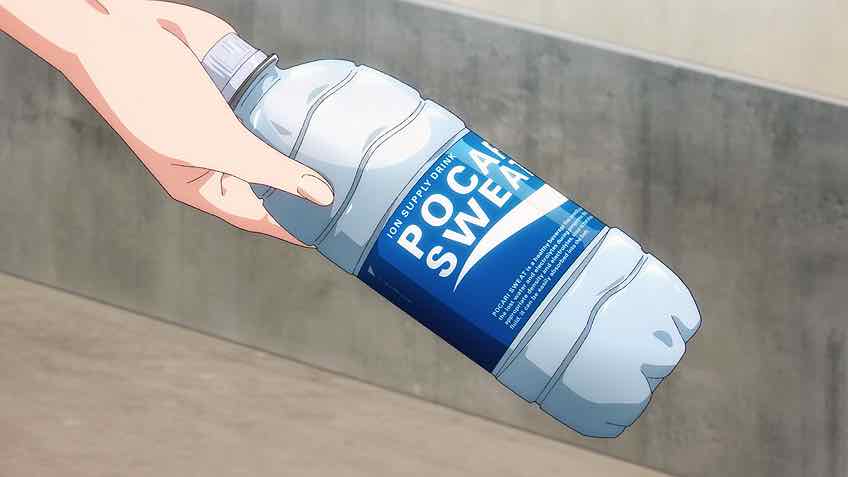
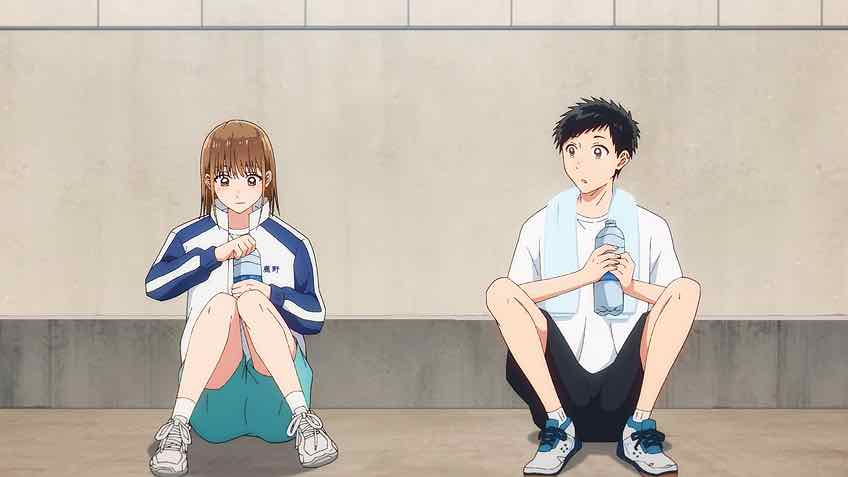
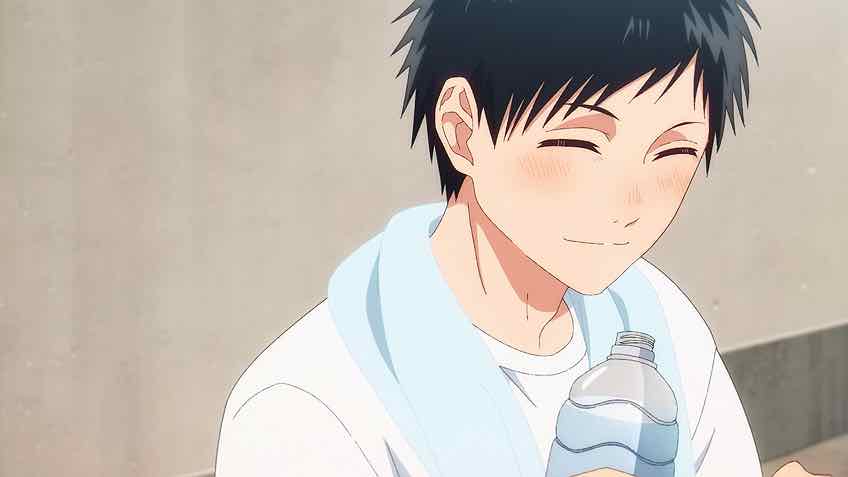
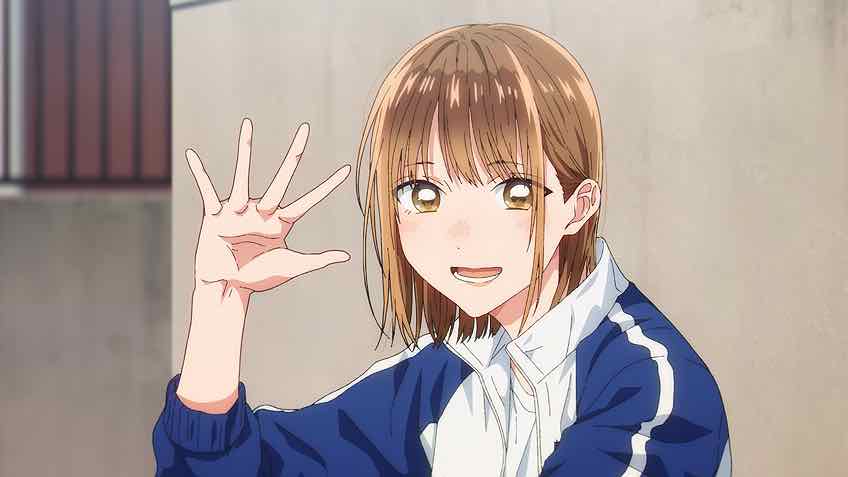
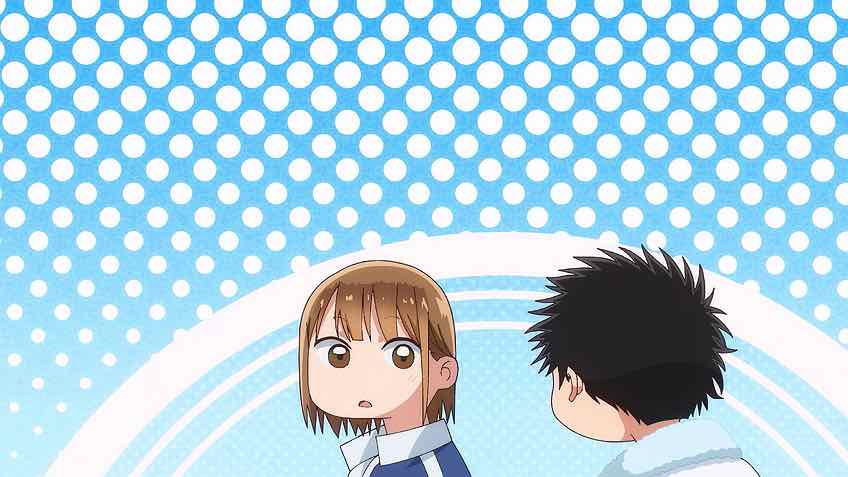
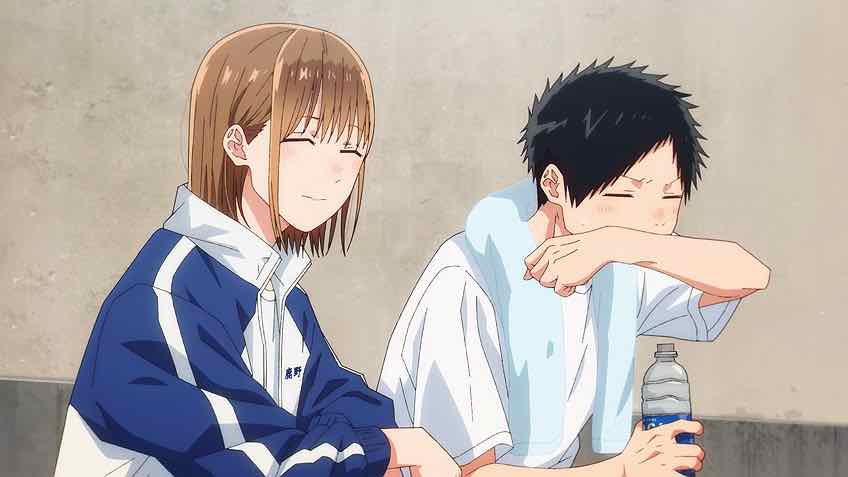
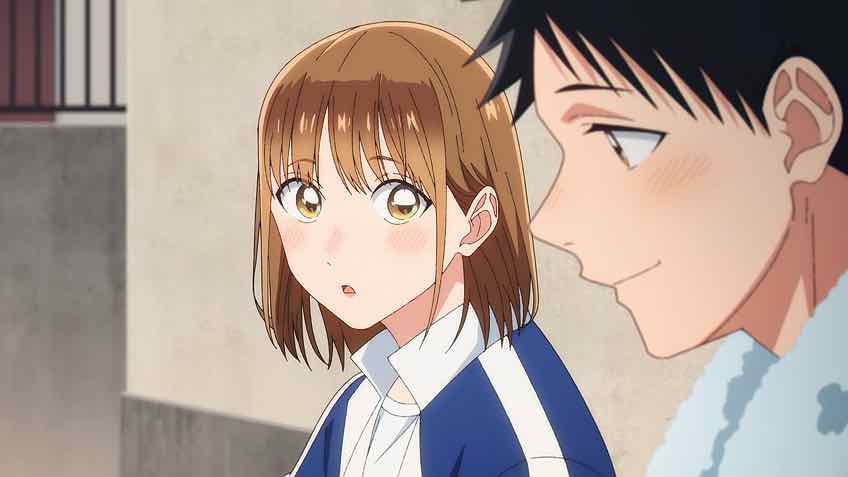
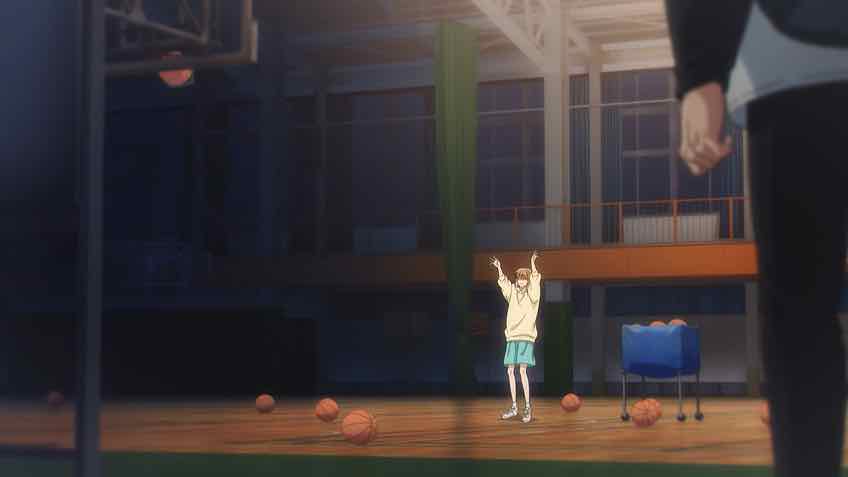
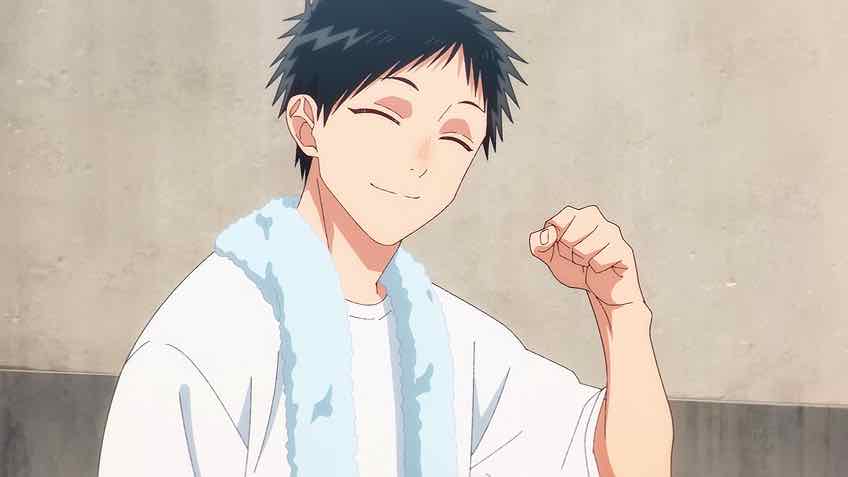
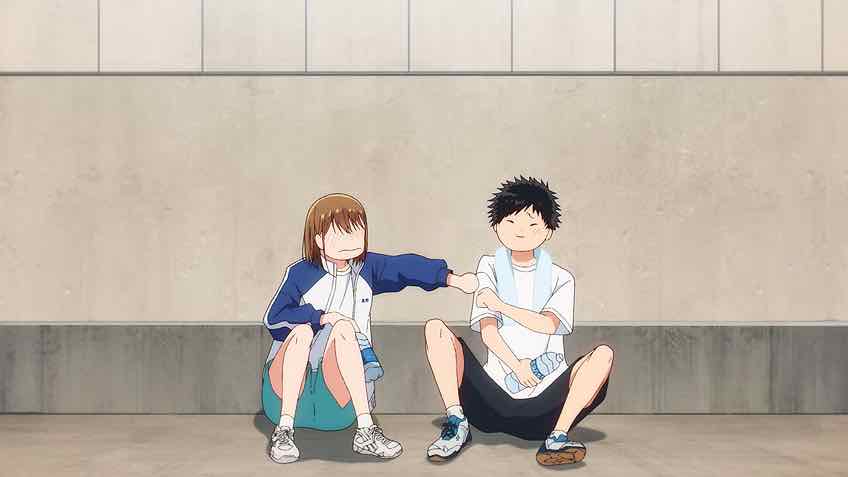
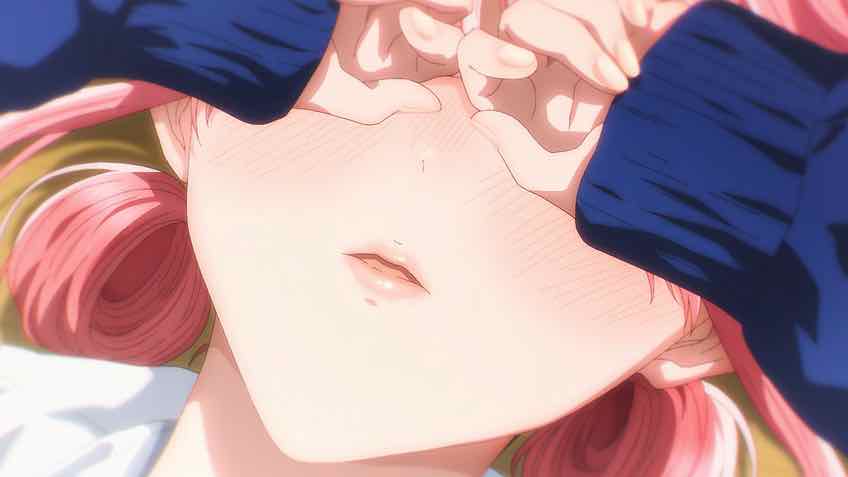
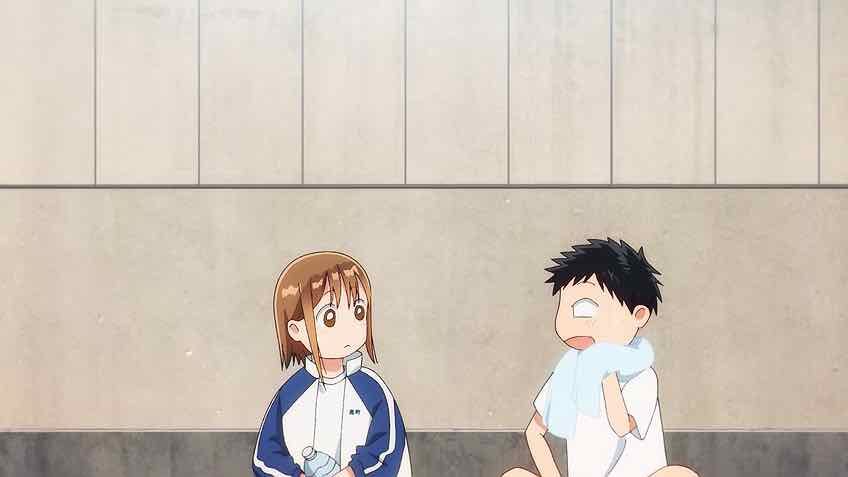
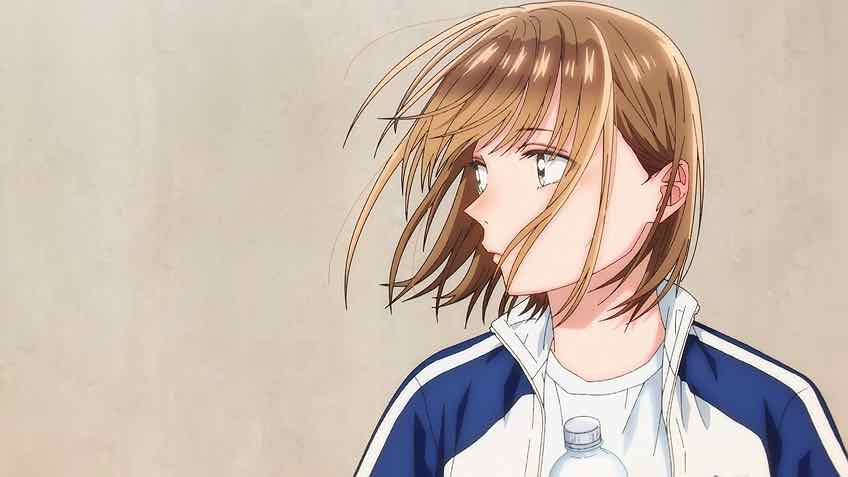
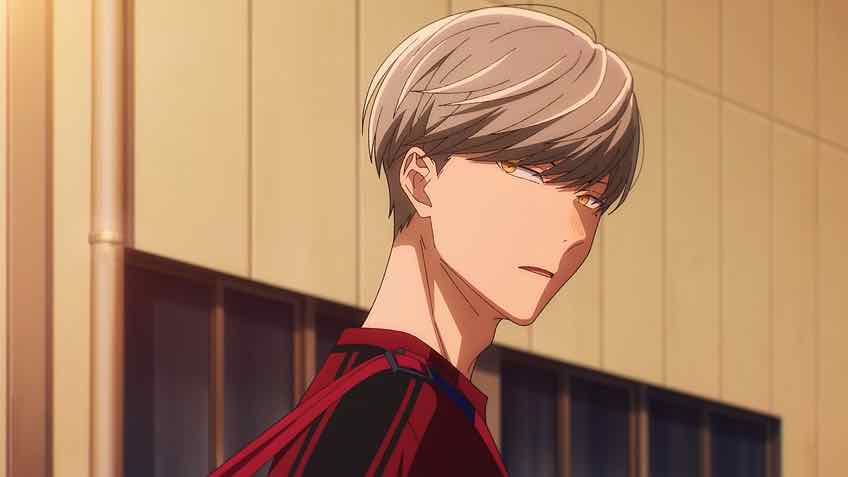
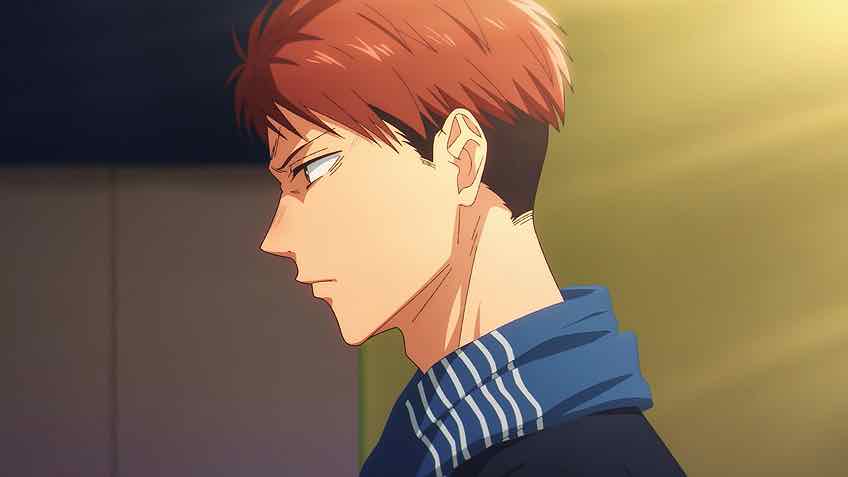
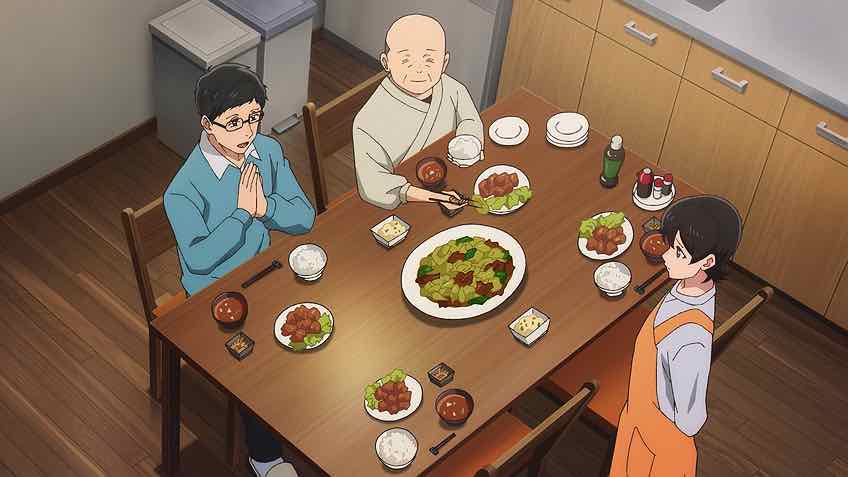
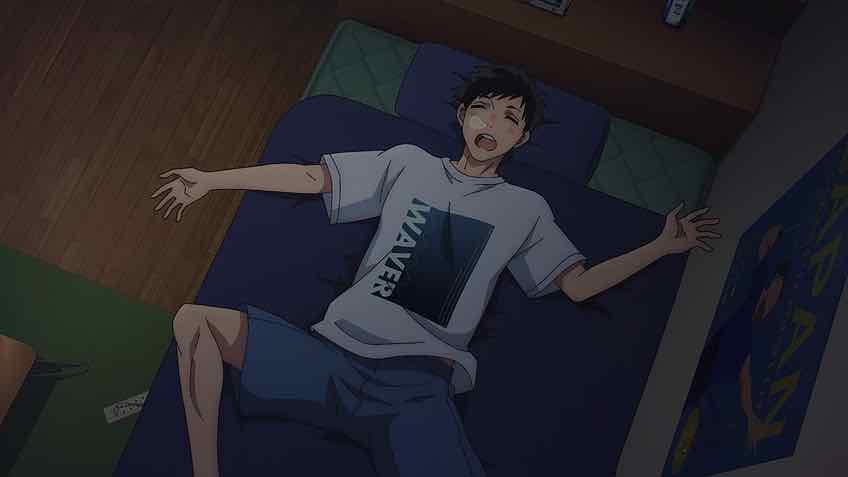
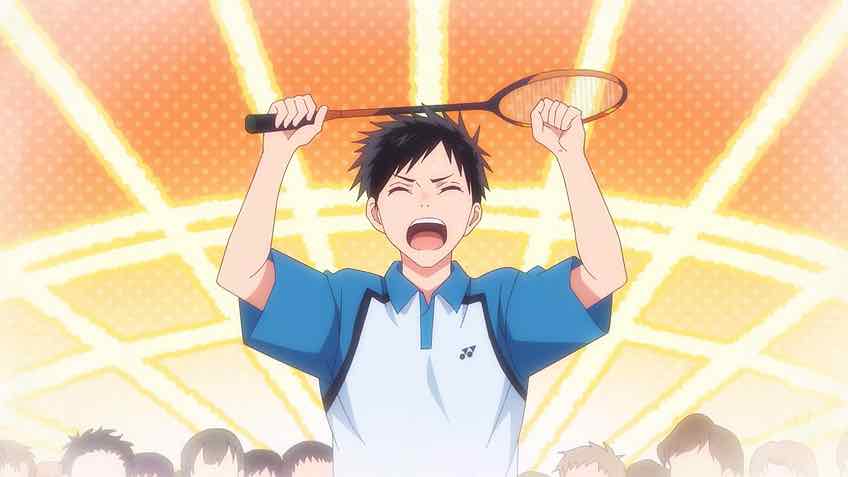
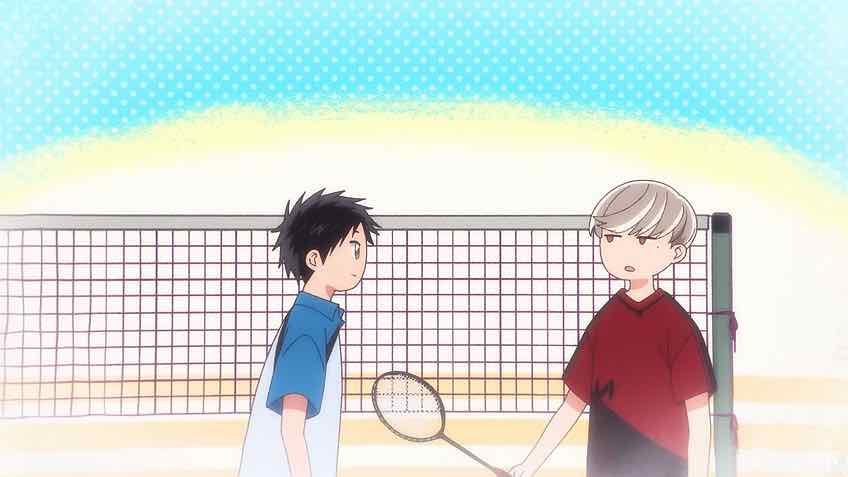
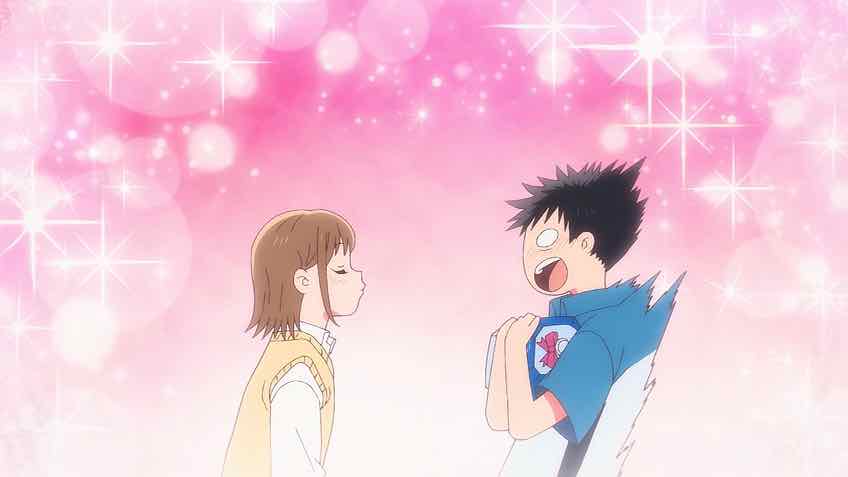
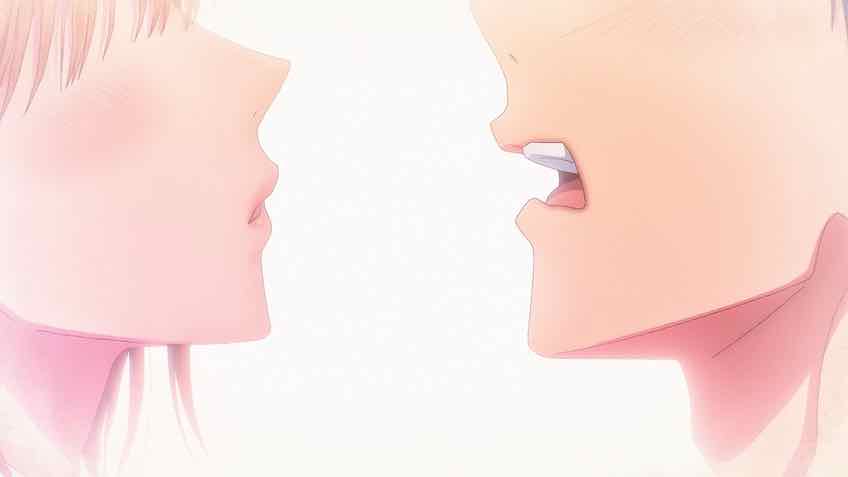
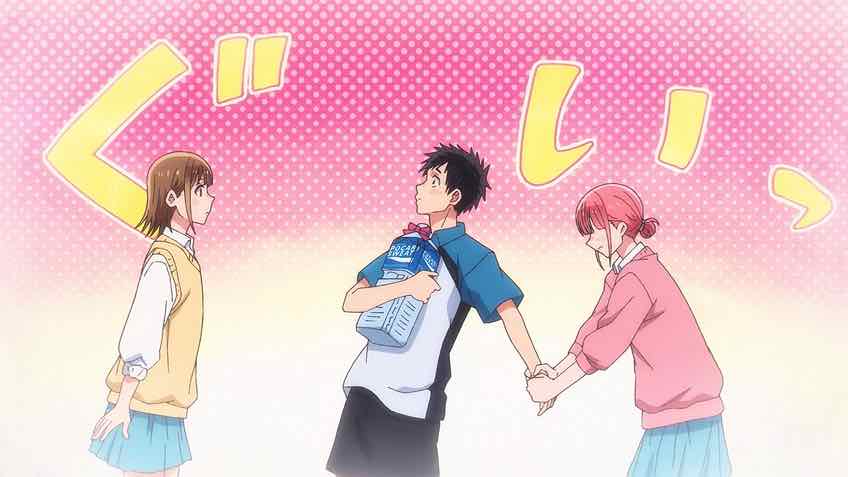
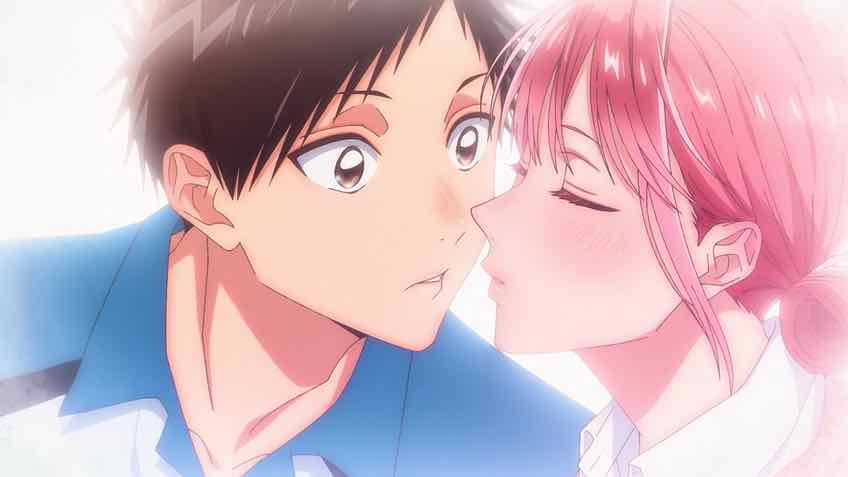
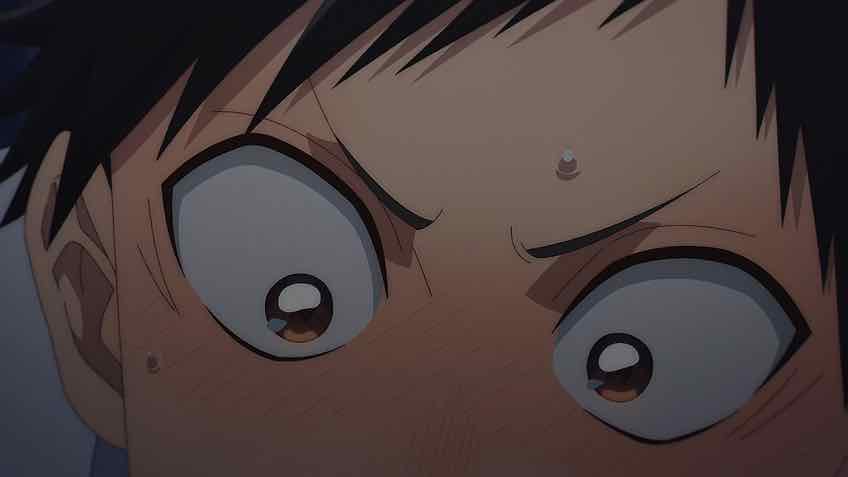
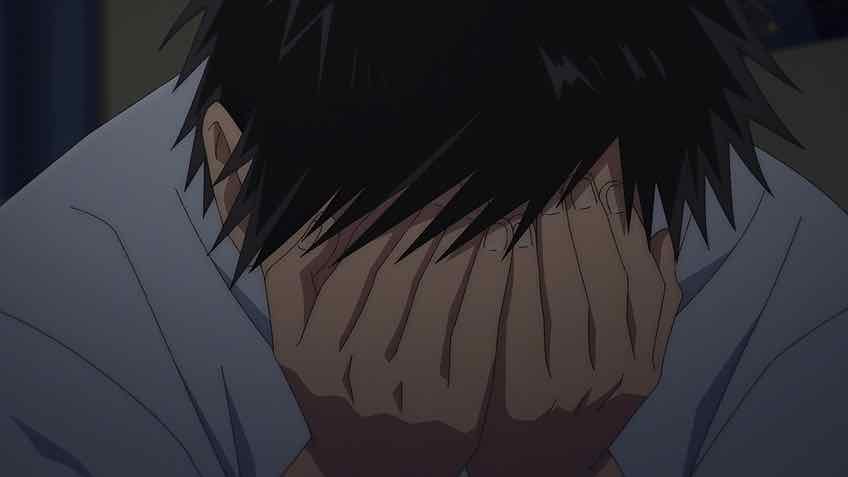


1 comment